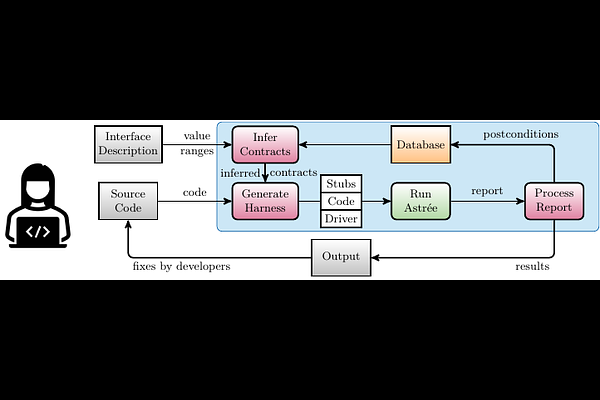Formal Runtime Error Detection During Development in the Automotive Industry

Formal Runtime Error Detection During Development in the Automotive Industry
Jesko Hecking-Harbusch, Jochen Quante, Maximilian Schlund
AbstractModern automotive software is highly complex and consists of millions lines of code. For safety-relevant automotive software, it is recommended to use sound static program analysis to prove the absence of runtime errors. However, the analysis is often perceived as burdensome by developers because it runs for a long time and produces many false alarms. If the analysis is performed on the integrated software system, there is a scalability problem, and the analysis is only possible at a late stage of development. If the analysis is performed on individual modules instead, this is possible at an early stage of development, but the usage context of modules is missing, which leads to too many false alarms. In this case study, we present how automatically inferred contracts add context to module-level analysis. Leveraging these contracts with an off-the-shelf tool for abstract interpretation makes module-level analysis more precise and more scalable. We evaluate this framework quantitatively on industrial case studies from different automotive domains. Additionally, we report on our qualitative experience for the verification of large-scale embedded software projects.